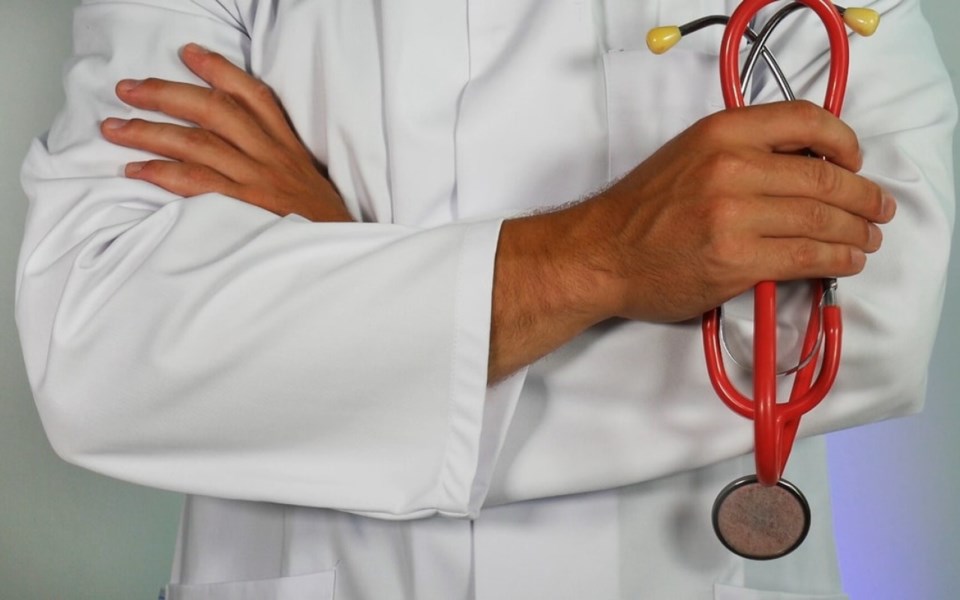Three weeks ago, as we were just starting to realize the impact a global pandemic would have on our community, my three-year-old son broke his femur.
At the time, terms like "social distancing" and "flatten the curve" were new to our vocabulary. We assumed time would be measured in weeks, not months. The thought of schools closing seemed far-fetched and hasty. And on a day my son was meant to be attending ski school, we were still processing Vail Resorts' abrupt closure of Whistler Blackcomb.
Big decisions from all levels of government (globally!) were being made one after another, and shock was becoming such a normal part of life I was starting to feel immune to the state of it.
Perhaps that's why I didn't panic when I saw my son fall awkwardly while playing with his older brother; why I managed to keep it together as his eyes met mine with an urgency I hadn't seen before. Instinctively, I knew his leg was broken. But what does shock feel like again? As I struggle to describe the numbness, a meme my friend sent says it best: "I'm just taking it one are-you-fucking-kidding-me at a time."
Over the next 48 hours, we'd find ourselves in the cumulative care of more than 20 healthcare professionals. Every time I attempt to count, I realize I've overlooked someone. From Dr. Clark Lewis and a calming force of nurses at the clinic here in Whistler, to the paramedics along for our transfer to Vancouver, and the doctors and (so many) nurses and staff from the E.R., Orthopedic and O.R. units that would tend to us in our time at Children's Hospital, [there are many to thank].
Let me be clear that our son's injury wasn't life threatening or even critical. This is just our remarkable healthcare system at work. A system of individuals who happened to be in a notable state of unease due to an impending crisis—that cared for us without hesitation in a way that leaves me emotional with gratitude.
Individuals like the nurses at Whistler Health Care Centre who treated us—patient and family—as one. Who spoke candidly to us, but gently to my son—the words my husband and I couldn't find. Who swooped in as I froze and held me up as I fell apart.
I watched you dance around us, none of you missing a step. I am so grateful for these moments of raw compassion and empathy—for you being damn good at your jobs.
To the dozens of healthcare professionals we met in our brief experience and the thousands more that are somehow keeping it together in these unprecedented times: Please know you are valued.
These moments in a day's work can mean the world to the families you care for. I can't imagine what this is like for you, but my heart aches as I consider the trauma you may be left with from helping others through their own. Take care of yourselves in these strange times.
To everyone else: this innocent accident involved more resources than I can count. Think about that as you struggle to sit still. We live in a society that tends to push boundaries. Whistlerites—an anomaly to the human race, most comfortable while challenging our own comfort zones. A lingering winter may keep our impulses at bay but inevitably, the snow will melt, the trails will clear and we'll be itching to get out there (out anywhere!) to take advantage of what lies beneath.
Please take it easy. Try sitting still even. I know it's hard. I know you aren't used to it. But the last thing our healthcare system needs right now is even the slightest possibility of having to take on more than it already is. Don't risk adding to the burden.
Stay home, play safe.
Lindsey Ataya // Whistler




